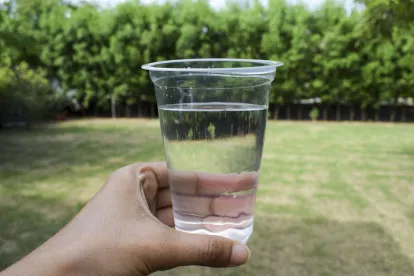This week Sam Hess of Inside EPA asked me if I had an opinion as to why there were fewer lawsuits (so far) challenging EPA's eighth attempt to durably determine the reach of the Federal Clean Water Act than there were challenging EPA's seventh attempt.
My first response is that it really only matters what one court, the Supreme Court of the United States, thinks about the substance of EPA's most recent rule and that Court is already poised to decide the legality of one of the most controversial aspects of that rule, the extension of Clean Water Act jurisdiction to lands and waters with a "significant nexus" to a Water of the United States, when it issues its opinion in Sackett v. EPA in the coming weeks.
It is unlikely that any District Court will make a substantive decision in any of the cases that have been filed challenging EPA's intervening rule in the meantime and it is plain that, despite whatever forum shopping those challenging EPA's most recent rule might have done, the Supreme Court's decision will likely affect how these challenges will fare as they proceed through the courts. And before anyone gets on their high horse about the venues selected for the present challenges to EPA's rule making, let's remember that exactly the same sort of venue selection occurred the last time stakeholders challenged EPA's rule making.
I certainly don't think that the fact that suits have been filed in fewer courts this time around means that the controversy over the reach of the Clean Water Act is abating. Whether EPA's rule makings are challenged in one court or thirteen doesn't change the undeniable fact that only Congress can resolve the longest running controversy in environmental law.
Industry and GOP lawmakers have criticized the Biden administration for issuing a rulemaking prior to the Sackett decision, with some arguing EPA should postpone the rule until a decision comes out as the new WOTUS definition “will only increase regulatory uncertainty.” Porter also says industry and state critics of the rule may not need a large number of venues in which to challenge it. “A district court in Texas followed by the Fifth Circuit Court of Appeals seem like relatively hospitable venues for those challenging the regulation,” he says.




 />i
/>i

